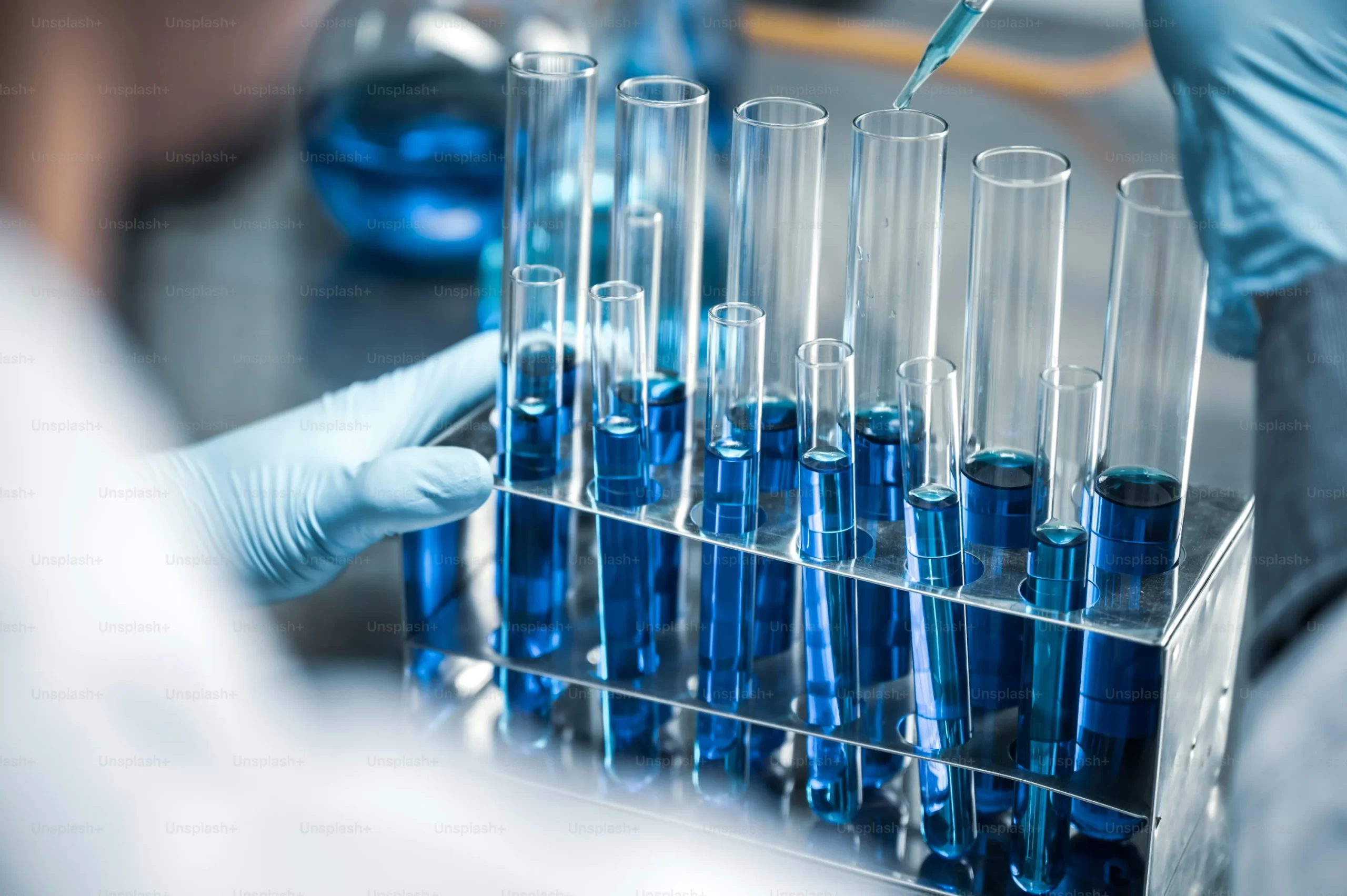![]()
GCSE Chemistry Exam Preparation in Sidcup 🧪🚀
Preparing for the New Academic Year: A Guide for Students, Parents, Tutors, and Teachers
🎓 For Students:
- Master the Basics: Start by revisiting the foundational concepts in GCSE Chemistry. Focus on understanding key topics like atomic structure, chemical reactions, and equilibrium.
- Practice Makes Perfect: Regularly practice past papers and questions. This will help you get familiar with the format of the exam and improve your time management skills.
- Stay Organised: Create a study schedule and stick to it. Break your revision into manageable chunks, and allocate time for each topic.
- Ask for Help: Don’t struggle alone. If you’re stuck, don’t hesitate to ask your teacher or a tutor for help.
👩🏫 For Parents:
- Provide Support: Encourage your child to stay organised and create a conducive study environment at home.
- Monitor Progress: Regularly review your child’s progress with their teacher or tutor. Ask for updates on areas they are struggling with and offer additional support where needed.
- Celebrate Successes: Praise your child for their hard work and celebrate their achievements, no matter how small. This will help maintain their motivation.
👨🏫 For Tutors:
- Personalise Learning: Adapt your teaching methods to suit the learning style of each student. This will help them absorb and retain information more effectively.
- Encourage Active Learning: Use a combination of lectures, interactive activities, and practical demonstrations to engage students and keep them motivated.
- Offer Guidance: Help students set realistic study goals and provide them with the tools and resources they need to achieve them.
👨🏫 For Teachers:
- Plan Ahead: Begin your GCSE Chemistry curriculum planning early, focusing on the key topics that will be assessed in the exam.
- Differentiate Instruction: Cater to the diverse learning needs of your students by offering various teaching methods and resources.
- Foster a Positive Learning Environment: Encourage student participation, ask open-ended questions, and create an inclusive classroom culture that supports academic success.
FAQs ❓
📚 What study resources can help me prepare for my GCSE Chemistry exam?
📚 Consider using textbooks, online resources, past papers, and revision guides to help you prepare for your exam. You can also seek assistance from your teacher or a tutor.
🕒 How can I create an effective study schedule for GCSE Chemistry?
🕒 Break your revision into manageable chunks, allocate time for each topic, and stick to your schedule. Be sure to include regular breaks to avoid burnout.
🤝 How can I ask my teacher or tutor for help when I’m struggling with a concept?
🤝 Schedule a meeting with your teacher or tutor, explain the topic you’re struggling with, and ask for guidance or additional resources to help you understand.
👨🏫 How can I adapt my teaching methods to suit the learning style of each student?
👨🏫 Observe your students, ask for feedback, and use a variety of teaching methods like lectures, group work, and practical demonstrations. Offer additional resources like videos, worksheets, and online quizzes to cater to different learning preferences.
🤓 How can I stay motivated during my GCSE Chemistry exam preparation?
🤓 Set achievable goals, celebrate your successes, and surround yourself with positive influences. Remember, hard work and persistence will pay off in the end.
🎓 What are some practical tips for tackling GCSE Chemistry exam questions?
🎓 Read the questions carefully, answer in full sentences, show your workings, and check your answers. Practice, practice, practice to build your confidence and improve your time management skills.
💬 How can I foster a positive learning environment in my classroom?
💬 Encourage student participation, ask open-ended questions, create an inclusive classroom culture, and celebrate your students’ achievements.




